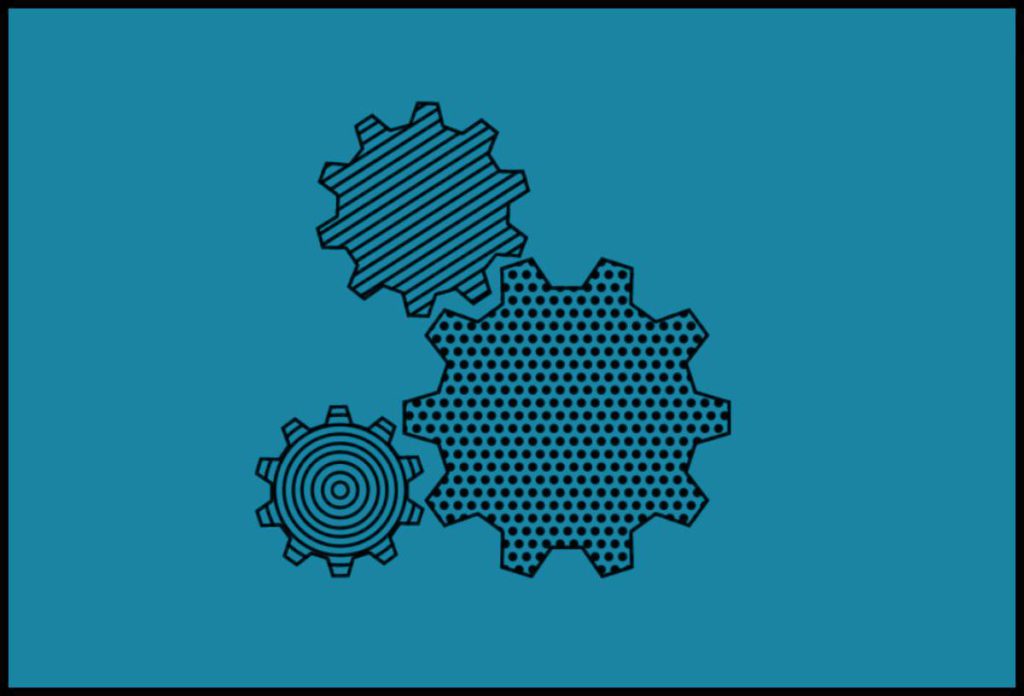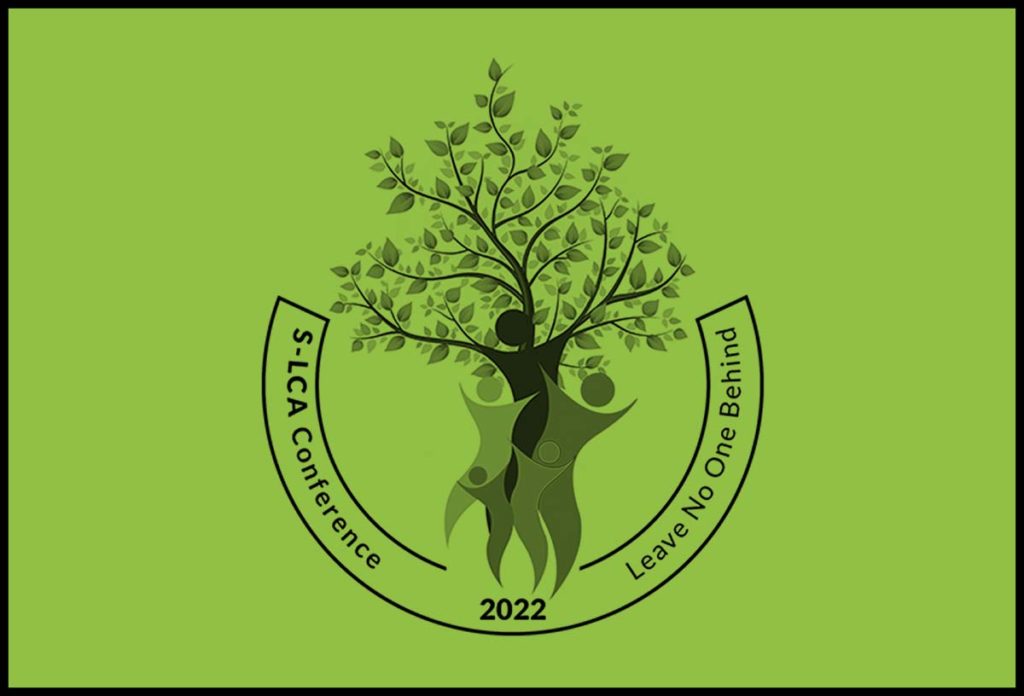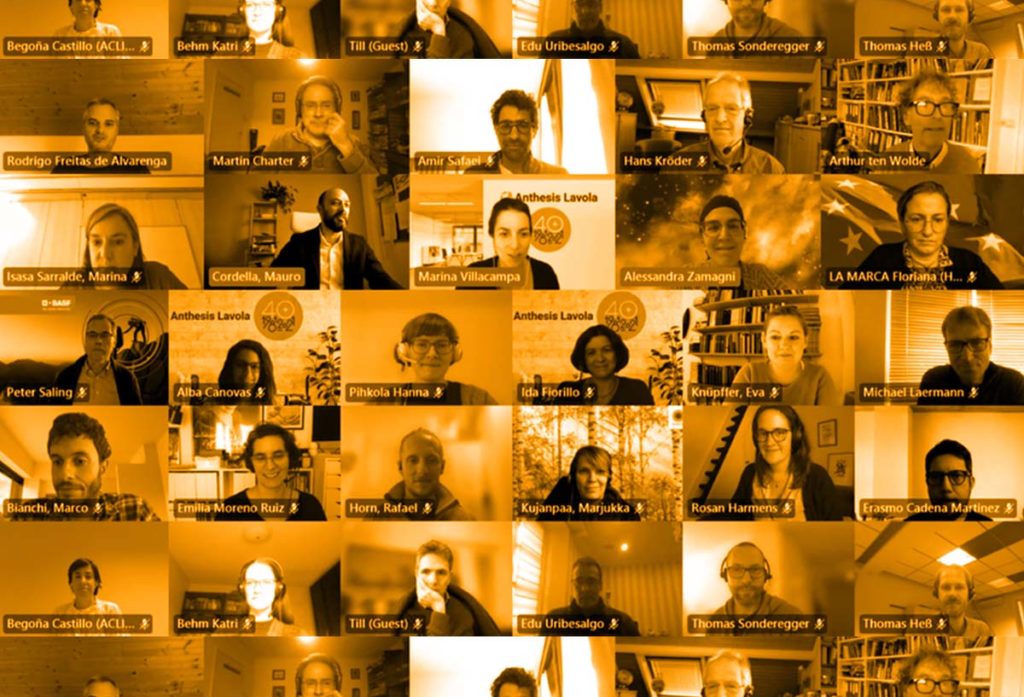Latest news.
ORIENTING takeaways after the S-LCA Conference 2022 – Part I

Last September, some ORIENTING partners participated at the International Conference of Social Life Cycle Assessment (S-LCA Conference) in Aachen. For four days (from 5th to 8th), they took part on the talks and sessions of the conference, as they could meet and exchange research and knowledge regarding social impacts from a life cycle perspective with other stakeholders.
The conference showed the challenges in quantifying social impacts, benefits and risks, especially for SMEs, due also to the efforts and resources needed.
At the Social LCA Conference, researchers from all over the world gathered to present their findings and challenges in the field of S-LCA. Most of the projects and sessions showed at the conference had in common how difficult the quantification of social impacts, benefits and risks is, and how the social sciences are subjective and non-linear, complicating the development of this type of life cycle assessment. These considerations lead to address the quantification of social impacts from a socio-economic perspective. One way this can be done is by quantifying hours and addressing social capital as a resource.
The attendees agreed that a standard methodology for social assessments is needed
The need for a standard methodology was also a comment raised by many attendees, as well as the need for guidelines addressed to different levels of expertise. The representatives of the industry, for example, sought a better form to understand and measure the social issues across their value chains. And a standardized methodology would help them in this sense.
While is true that many social assessment methodologies derived from the integration and harmonization of the PSIA Handbook and UNEP Guidelines, however a practical approach with a minimum level of application is still missing. This is something that exists in the environmental and socio-economic assessments in the form of standardization system, as so in many life-cycle thinking approaches that included them.
These approaches aim to assess the sustainability of products, goods and services, following the conference main motto: “Leaving no one behind”. For this reason, the social assessment requires a harmonized list of social topics, grouped according to stakeholders’ categories, an output that ORIENTING has already provided and will fine-tune in the next months.
If you want to know how ORIENTING methodology can help to harmonize the social life cycle assessment and develop a set of social indicators applicable within the LCSA methodology, please read the second part of S-LCA Conference takeaways.



























